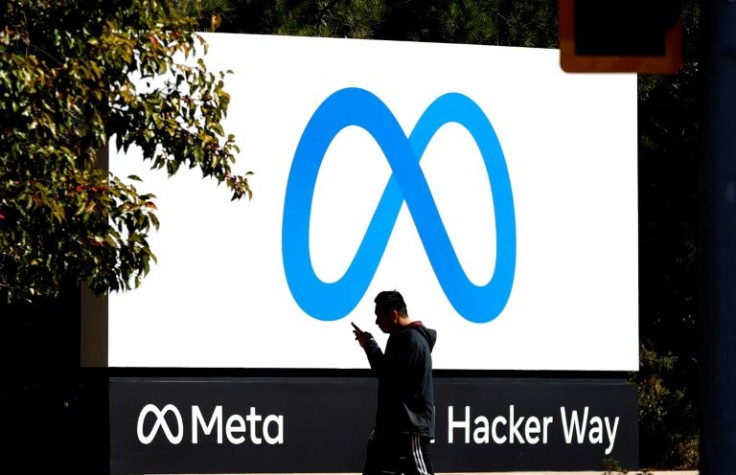Teen Dies By Suicide Over Instagram, Snapchat Addiction: Lawsuit
KEY POINTS
- The owners of Instagram and Snapchat are being sued in connection to the suicide of Christopher J. Dawley in 2015
- The teen allegedly became addicted to both services, resulting in sleep deprivation and an obsession with his body image
- The suit is seeking an undecided amount of monetary damages, claiming the companies failed to protect minor users
A 17-year-old Wisconsin boy died by suicide more than seven years ago after becoming addicted to social media, a lawsuit alleged.
Christopher J. Dawley, of Salem, shot himself with a 22-caliber rifle on Jan. 4, 2015, after texting his friend, "God speed," and posting, "Who turned out the light?" on his Facebook page, Social Media Victims Law Center (SMVLC) said in a statement.
Dawley joined Facebook, Instagram and Snapchat in 2012 and developed an addiction to the platforms, according to SMVLC, a legal resource for victims of social media abuse and suffering.
The teen allegedly communicated through social media "at all hours of the night — often until 3 a.m. on school nights," which resulted in sleep deprivation, an increased obsession with his body image and exchanges of explicit photographs with other users.
Dawley believed his body was permanently deficient in December 2014, after developing pain in his legs. He reportedly never showed any outward signs of depression or mental injury before taking his life.
The teen’s family has since filed a wrongful death lawsuit against Meta Platforms, Inc. and Snap, Inc., the owners of Facebook and Snapchat, respectively, to hold them accountable for Dawley's suicide.
Both companies "have employed thousands of engineers to help their products become maximally addicting" and their respective services have caused "increased depression, suicidal ideation and sleep deprivation among teenagers, particularly among teenage girls," a copy of the suit read.
The lawsuit seeking an undecided amount of monetary damages alleged that Facebook, Snapchat and Instagram had "inadequate safeguards" to protect minors from "harmful and exploitative content."
"Congressional testimony has shown that both Meta Platforms and Snapchat were aware of the addictive nature of their products and failed to protect minors in the name of more clicks and additional revenue," SMVLC founder Matthew P. Bergman said.
"We are calling on the parent companies of Facebook, Instagram and Snapchat to prioritize the health and wellness of its users by implementing safeguards to protect minors from the danger of cyberbullying and sexual exploitation that run rampant on their platforms," he added.
These safeguards included verifying minor users' age and identity, providing "adequate" parental controls and monitoring and protecting minor users from intentionally being directed to "harmful and exploitative content", among other things, according to the SMVLC statement.
Snap did not immediately respond when asked by Gizmodo for a comment on the suit.
A Meta spokesperson recognized that social media can have positive and negative outcomes, but “what matters the most compared to the sheer amount of time online” was “the ways in which people spend their time on a platform.”
The Meta spokesperson did not comment directly on the lawsuit but highlighted that Meta has employed a “broad list” of tools and resources over the years “to reduce the visibility of potentially harmful content and assist users experiencing mental health difficulties.”
The Dawley family’s complaint is the second wrongful death lawsuit SMVLC filed against Meta and Snap. The first was filed on Jan. 21 in response to the suicide of 11-year-old Selena Rodriguez of Enfield, Connecticut, on July 21, 2021.
If you have thoughts of suicide, confidential help is available for free at the National Suicide Prevention Lifeline. Call 1-800-273-8255. The line is available 24 hours, every day.

© Copyright IBTimes 2025. All rights reserved.





















